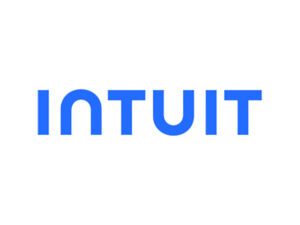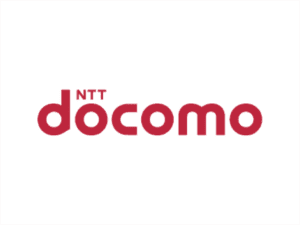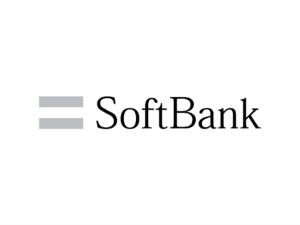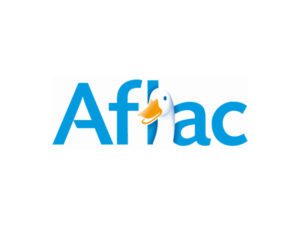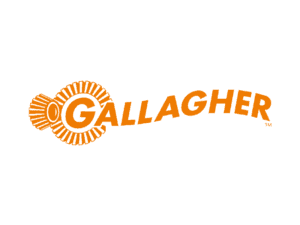Insurance Companies Are Charging Higher Premiums For Less Cyber-Intrusion Coverage
-

-
AuthorNok Nok News
-
Published18 Mar 2022
-
0 commentsJoin Conversation
Insurance companies around the USA are now following an alarming trend of increasing premiums on hacking and digital security breach coverage while providing less coverage when these issues occur. When it comes time to renew a policy for digital security, some companies are now facing as much as a 300% increase for budgeting in this contingency. A major reason for the increase is the rising number of successful attacks, forcing insurers to pay out to clients. Throughout the pandemic, as various organizations have moved work and data to local networks and even to cloud-based networks to facilitate data sharing, digital intrusions have increased. Ransomware and similar attacks have plagued many sectors, including construction, healthcare, government, and education that have failed to upgrade to more secure forms of protection like multifactor authentication.
More Measures Required Like Multifactor Authentication
Insurance companies themselves are becoming increasingly stringent when it comes to even considering giving coverage to a company for digital security. For example, many insurance companies won’t approve an application from a company that doesn’t use MFA, or multifactor authentication, a verification system that relies on more than just a person using only a single password to gain access to a network. Single password systems are incredibly vulnerable and far more prone to a successful intrusion than networks using MFA protocols.
Insurance companies are now also using their own scanning and digital reconnaissance technologies to “audit” the networks of potential clients and see how vulnerable they are. This has played a role in how insurers determine the monthly rates for the premiums a company must pay if they are serious about getting insured against cyber attacks.
Cyber Attacks Are Real And On The Rise
The days when only large companies or government agencies had to worry about hacking or other forms of digital intrusion are over. As more and more businesses of every size—and even private citizens—move more of their crucial data into the digital space, it becomes more lucrative for criminals.
Identity theft, where other individuals use personal identity details like credit cards and social insurance numbers, is rising. Ransomware, where network access and other critical functions are taken over and locked out until money is paid, is also hitting more companies. Network security is a real concern for any person or organization collecting and storing important, sensitive, or confidential data digitally. Legacy security systems based on single-passwords and personal information (knowledge-based access) is proving to be insufficient to protect against modern digital threats that are increasingly more sophisticated and automated. If you’re interested in upgrading your legacy security systems to modern FIDO-based multifactor authentication, Nok Nok has a variety of platform solutions and is trusted by the biggest financial institutions for protecting their customer’s identity and authentication.


